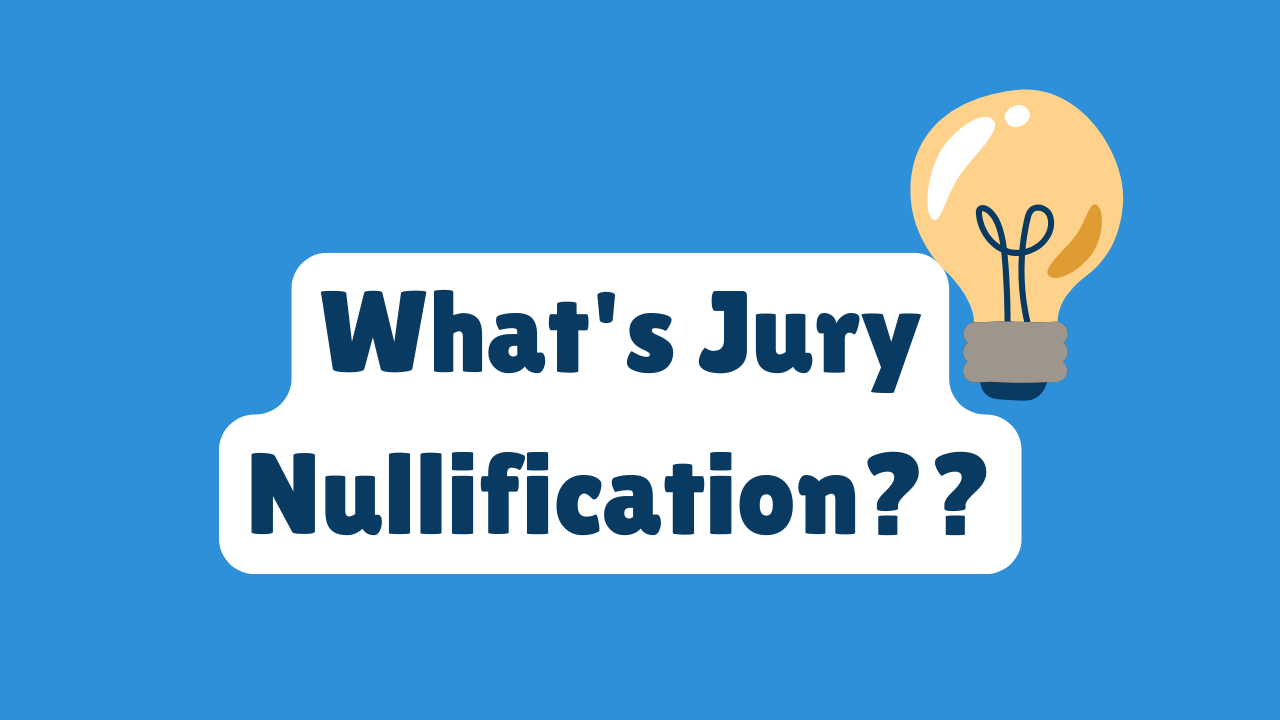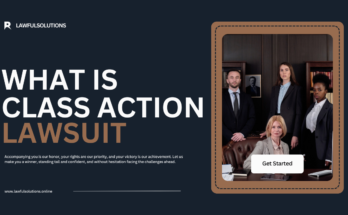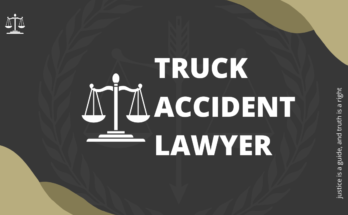What Is Jury Nullification? Jury nullification is one of those legal concepts that remains hidden from many people, but it has been around for centuries. While the term may sound complicated, the basic idea is pretty simple: jury nullification occurs when a jury returns a verdict of “not guilty,” even when the evidence clearly shows that the defendant broke the law. Essentially, it occurs when a jury decides not to apply a law because they believe it is unfair or should not apply to the specific case they are deciding.
It is important to understand that jury nullification is a rare and controversial phenomenon in many legal circles. Let’s explore what it is, how it works, and why it matters.
How Jury Nullification Works
When a jury is selected for a criminal trial, their job is to determine whether the prosecution has proven beyond a reasonable doubt that the defendant broke the law. The jury listens to the evidence, deliberates, and then returns a verdict.
Jury nullification occurs when the jury decides to acquit the defendant despite all the evidence indicating a violation of the law. The reasons for this decision can be different. The jury may believe that the law itself is unfair, or they may believe that applying the law in this particular case would produce an unfair result.
For example, imagine a case in which a person is tried for violating a law that is widely considered outdated or unfair. The jurors may think, “Yes, technically this person broke the law, but a conviction would be wrong.” In such cases, they may return a verdict of “not guilty” even though they believe the defendant did what they did.
Historical Background of Jury Nullification
The concept of jury nullification originated in English common law and was adopted in the American colonies. A famous example is the case of John Peter Zenger in 1735. Zenger was a newspaper publisher who was tried for seditious libel after publishing articles critical of the colonial governor. Although the law was clearly on the side of the prosecution, the jury acquitted Zenger because they believed the law was unjust and he had a right to publish his opinions.
This case became a cornerstone of freedom of the press in the United States and demonstrated how jury overturning was sometimes used to defend what the jury considered to be fundamental rights and freedoms.
Why Jury Overturning Is Controversial
Jury overturning is a controversial topic in the legal world. Some see it as an important protection against government overreach and unjust laws, while others believe it undermines the rule of law.
The Proponents’ Perspective
Proponents of jury nullification argue that it gives citizens a direct opportunity to reexamine unjust laws. If a law is inconsistent with society’s values, they believe that jurors have a moral duty not to enforce it. For example, during the Prohibition era in the United States, juries often refused to convict people accused of breaking alcohol laws. In this way, jury nullification was a way for citizens to protest the government’s enforcement of unpopular laws.
Its proponents also argue that it is a powerful tool against systemic injustice. In cases where defendants are prosecuted in a way that appears to be racially or politically motivated, jury nullification effectively allows jurors to say, “We’re not going to accept this.”
The Critics’ Viewpoint
On the other hand, critics argue that jury nullification can lead to chaos and inconsistency in the legal system. If each jury can choose which laws it wants to apply, it becomes difficult to predict how the law will be applied. This unpredictability can undermine public confidence in the legal system.
In addition, critics worry that jury nullification could be abused in ways that reinforce bias. During the civil rights period in the American South, for example, all-white juries sometimes acquitted white defendants who had clearly committed crimes against black victims. In these cases, jury nullification was used to protect perpetrators of racial violence, leading to injustice rather than preventing it.
Legal Consequences of Jury Nullification
Jury nullification lies in a strange gray area of the law. Jurors are not required by law to explain their verdicts, so there is no way to prove that a nullification occurred. At the same time, judges and attorneys are generally not permitted to openly encourage the jury to nullify the verdict. In fact, defense attorneys in many courts are prohibited from informing jurors of their power to nullify a law.
Some courts have even discharged jurors who have openly expressed their desire to nullify a law. In fact, while jury nullification is technically possible, it is not one of a jury’s official duties. The jury’s primary job is to apply the law as the judge instructs, not to change or ignore it based on personal beliefs.
Modern Examples of Jury Nullification
Jury nullification is still part of the American legal landscape, albeit rare. In recent years, some juries have nullified drug-related cases, particularly in states where marijuana has been legalized but remains illegal under federal law.
For example, if a person is prosecuted for a nonviolent marijuana offense in a state where recreational use is legal, the jury may refuse to convict even if the person technically violated federal law. This is a clear example of how jurors use nullification to align their verdict with their sense of fairness and justice.
The Role of Jury Nullification in Democracy
At its core, jury nullification represents the tension between law and justice. While the law is intended to provide order and justice, there are times when its strict application would produce a result that seems fundamentally wrong to jurors.
By allowing jury nullification, the legal system gives ordinary citizens the ability to ensure that laws do not become tools of oppression or unjust punishment. However, this power carries risks and it is important that jurors use it responsibly.
Conclusion
Jury nullification is a fascinating, if controversial, aspect of the legal system. It allows juries to challenge laws they believe are unfair or poorly applied, but it also introduces uncertainty and the risk of abuse. Whether you view it as a guarantee of freedom or a dangerous tool, there is no denying that jury nullification plays a unique role in the balance of justice.



